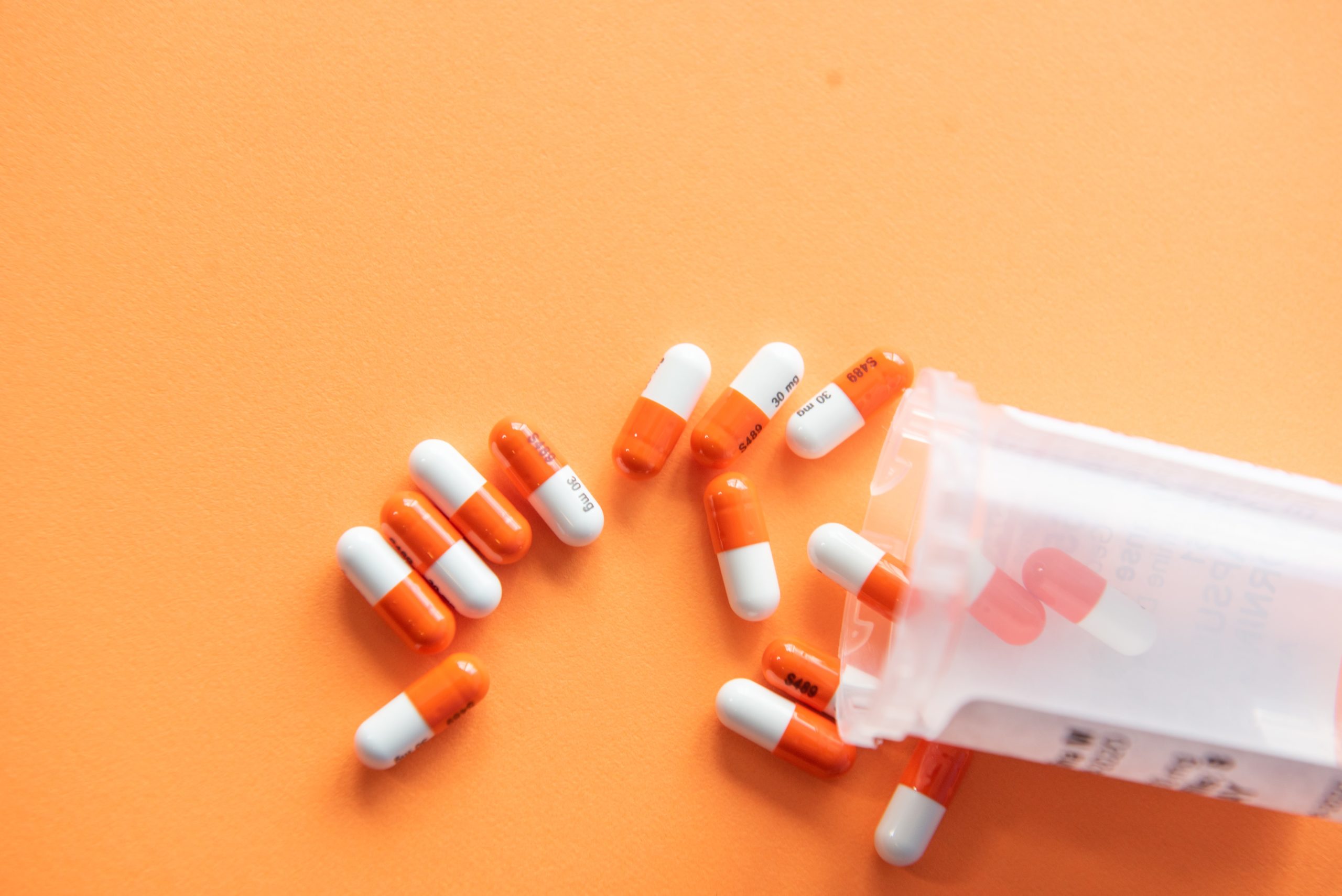
Many people with mental health disorders like anxiety or depression need to be on long-term medication to keep their condition in check and prevent the highs, lows, and stresses of these afflictions from interfering with their daily life. Identifying the right medication to manage mental health can be difficult. When someone is in holistic rehab and given a dual diagnosis, or whether they are officially in recovery, the task of finding the right med – and the safest, least-addictive med – becomes even more complicated.
Are Antidepressants and Anxiety Meds Addictive?
For people in recovery, the thought of taking an anxiety medicine or antidepressant can be terrifying. They have gotten sober and the last thing they want is to become addicted to something else. Because so many people who suffer from a mental health disorder turn to substance abuse to manage their symptoms, it is extremely important to consider the benefits of having a daily medication they can rely on to keep their mood and emotions in check.
General antidepressants and anti-anxiety meds do not make a person high. Typically, it can take weeks and sometimes even months for a person to adjust to an antidepressant and feel its effects on their body. It would be difficult to abuse this type of medication because they are slow-acting. This doesn’t mean they are ineffective though – the right dose of the right antidepressant or anti-anxiety med taken consistently, along with therapy and recovery support, can help a person stay sober and free from the negative side effects of depression and anxiety.
Safe Anxiety and Depression Meds for People in Recovery
Only a psychiatrist can determine which meds are safe for the treatment of anxiety or depression for a person who’s in recovery. There are meds that do not have addictive properties and are non-habit-forming like:
- Selective serotonin reuptake inhibitors (SSRIs): Used to treat depression and anxiety by correcting brain chemical deficiencies. When well-tolerated, can take two to six weeks to take effect.
- Selective norepinephrine reuptake inhibitors (SNRIs): Similar to SSRIs, used for anxiety if SSRIs do not work. Have a delayed onset of action and take a few weeks to show effects.
- Buspirone: Common treatment for generalized anxiety disorder, does not have addictive properties, and is sometimes used to help reduce withdrawal symptoms from opioid use.
- Beta-blockers: Blocks the body chemicals that cause many physical anxiety symptoms like rapid heartbeat, jitters, and high blood pressure.
Potentially Addictive Mental Health Medications
There are some highly addictive meds for mental health conditions. Benzodiazepines in particular – Klonopin, Ativan, and Xanax – give the user an almost-immediate high by taking away their uncomfortable panic or sadness. But when they come down from this med, they want to maintain that feeling of lightness and relief from their mental health disorder and take more. Over time, the same amount of the drug produces a less-effective high and they will need more to achieve the same effect, leading to an addiction.
Alternatives to Medication for Mental Health Conditions
Ideally, people in recovery from drug or alcohol addiction can make use of non-pharmacological treatments for anxiety and depression. Natural treatments and lifestyle modifications like cognitive behavioral therapy, exercise, art therapy, equine therapy, acupuncture, meditation, and more go a long way to helping a person find their center and expand their recovery.
Mental health and wellness, though, has a mind of its own. Even if you want to be well and not depressed or anxious, medication will likely be necessary to help you live a normal daily life. Drugs are not the solution to addiction, but the right antidepressant or anxiety medication can be a key to lifelong recovery.
Mental Health, Addiction, and Dual Diagnosis
For some people, a dual diagnosis is the key to breaking through their mental health challenges and their addiction. A person may become addicted to a substance as they attempt to self-medicate their symptoms of anxiety or depression away. It is important to understand that not everyone with an addiction has a depressive disorder or anxiety disorder, and not everyone with depression or anxiety has an addiction. Though people with a dual diagnosis have two separate conditions, each of which requires its own unique treatment, recovery from one typically impacts recovery and management of the other.
Learn more about holistic rehab and dual diagnosis from the therapeutic team at Beachside Rehab. Contact our trained admissions counselors at 866-349-1770 to discuss your individual needs and how luxury rehab can work for you.
